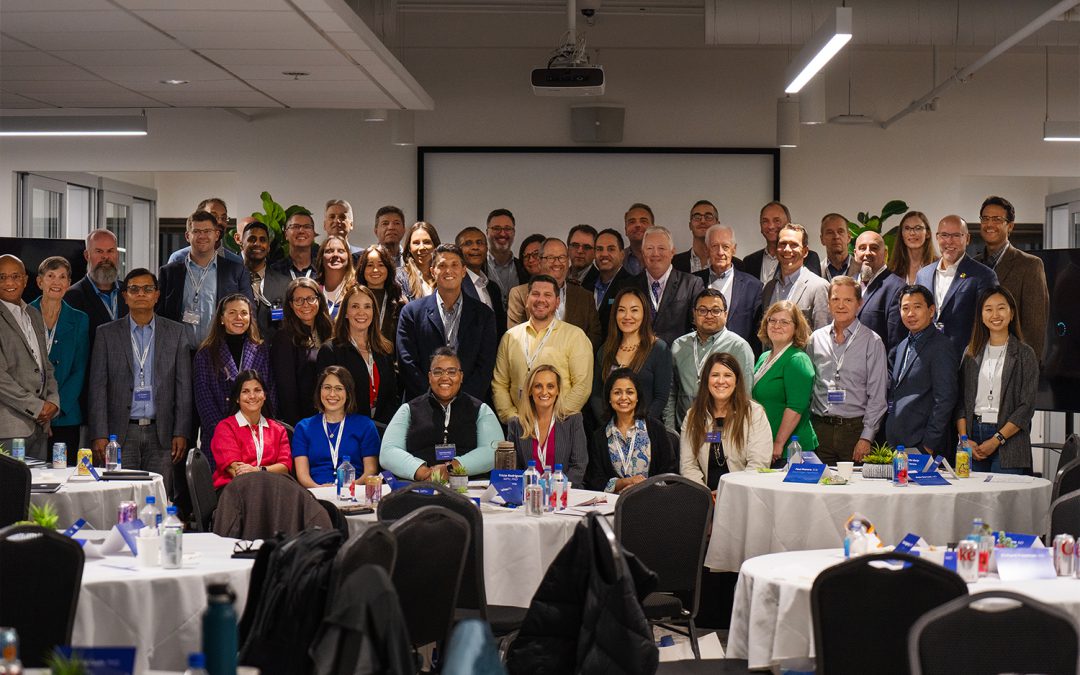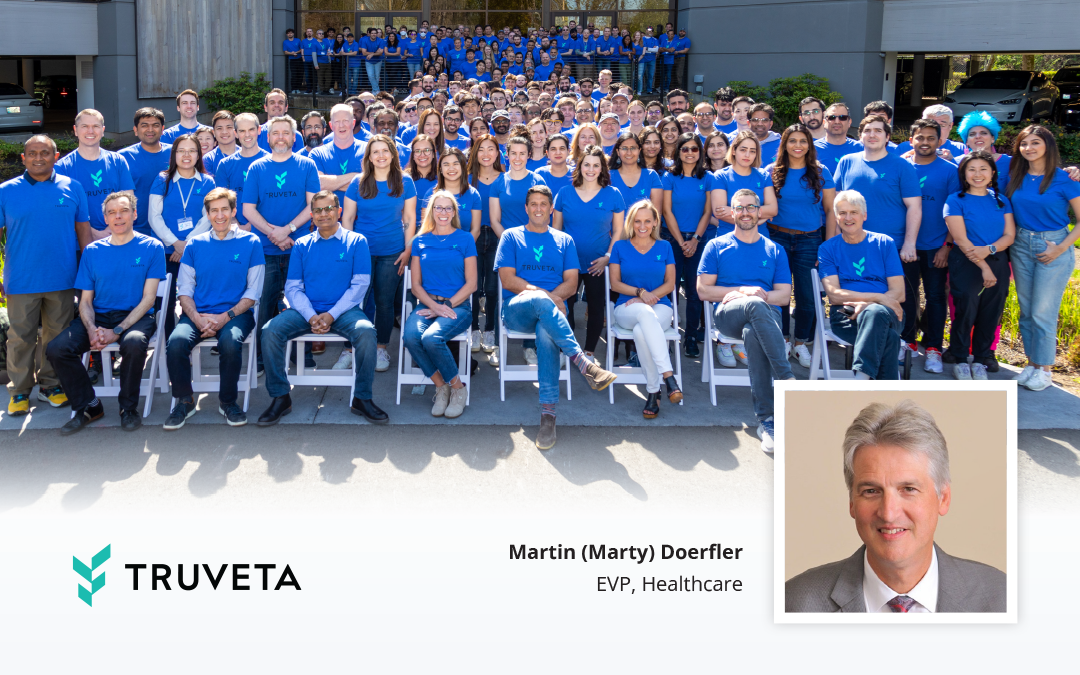What will you focus on at Truveta?
I will help the company establish policies for how it will handle data to advance human health. How we preserve patient anonymity while enabling researchers to draw insights; how to do research in a way that reflects the ethical imperatives of our health systems; how we make healthcare equitable for all; how we minimize the risk that datasets reflect (and thus might perpetuate) societal inequities – these are among the many questions where I hope I can help our teams to craft sound approaches.
I’ll also handle the usual duties of general counsel to a start-up company, including working closely with the healthcare systems that own Truveta. Coming from a large multinational, the start-up context will be new for me, but I think my experience at Microsoft and in law firm practice earlier in my career should provide a solid foundation for this work.
What does Truveta’s vision “Saving Lives with Data” mean to you?
I’m among those who believe that the analysis of large-scale data, properly handled, can greatly improve our lives in many domains. And what domain is more important than healthcare?
Like many other employees at Truveta, I’ve seen firsthand how important advances in healthcare can be. In 1992, my second child was diagnosed with Tetralogy of Fallot, a heart defect that often requires surgery within the first year of life. When the pediatric cardiologist sat with my wife and I the day after our baby was born and started talking about surgery, we could barely grasp what he was saying—open heart surgery on an infant? Is that even possible? We learned that it had become possible only recently, but was done only at certain hospitals, by just a handful of surgeons nationwide. Our doctor told us, “hey, I know THE guy, the surgeon who can do this.” Six months later, our baby boy was starting to look a bit blue—due to insufficient oxygen pumping through the heart—and it was time to do the surgery. It was a success. He’s an adult now and doing well.
I appreciate my family was fortunate to have the early diagnosis and a doctor who was well connected to one of the leading practitioners in this field. We benefitted because of advances in healthcare. But we know our happy outcome might have been different if our son had been born just a few years earlier or in a hospital serving a marginalized community.
What led you to Truveta?
I had a wonderful 25-year career at Microsoft, working with a terrific team around the world on a wide range of technology policy issues. I was the chief competition counsel for Microsoft over the many years when the company was so closely scrutinized by antitrust regulators in the United States, Europe and Asia. In the 2010s, as privacy became increasingly important, I helped Microsoft establish a set of principles to guide its approach to privacy, and to prepare for the GDPR (the far-reaching European privacy legislation).
When AI became a central force in tech innovation, I focused on the societal implications of this technology. We had a really solid team thinking through a broad range of issues presented by facial recognition capabilities, predictive policing and even autonomous weapons. And even more mundane uses of AI, the kind we’re all using every day in consumer offerings, can present important questions relating to equity and accessibility (and of course, privacy). We collected input from policymakers, academics, customers and others, in the United States and overseas, and on that basis established a set of principles that guide all of Microsoft’s AI work.
I left Microsoft a little over a year ago to devote more time to volunteer work I was already doing (with Microsoft’s support) in the non-profit sector. That work has been incredibly rewarding, as a little legal work can go a long way to help people through the justice system—whether they are undocumented immigrants, prisoners, domestic abuse survivors or others. As a pro bono legal counsel, I was able to help a few people in a big way.
But I was missing the scale of impact that technology often enables. Then one day last month over my morning coffee I read news stories about Truveta and I thought I might be able to contribute in some way. I reached out to Terry (Truveta CEO) and was immediately drawn in by his enthusiasm and vision for improving healthcare through data. Within a few weeks, I was joining the team and couldn’t be happier.
How did you become engaged in the policy issues surrounding data, privacy and AI?
I was in the right place at the right time. In 2013, the concept of “big data” began to get a lot of attention in the tech industry and the media. I had recently taken on the role of leading Microsoft’s regulatory affairs team, which handled privacy and so dealt with data—in the context of Windows, Office and other products, lots of data. Brad Smith (Microsoft President) asked me to look into how Microsoft’s law department should prepare for a wave of products in the years to come that would draw upon “big data” approaches. Before long the regulatory affairs team, and then much of the Microsoft law department, was working on data analytics and AI. It’s all data use at scale. Big data transformed into data analytics and then AI. My privacy work provided a nice foundation for work in AI.
Microsoft wanted to develop sound approaches to the ethical issues that the power of AI raises, and I was fortunate to have an opportunity to work with many of the leading AI researchers at Microsoft in developing the company’s approach. Truveta, like every company that wants to help people through data about people, will need to address similar issues, and I’m looking forward to helping.







